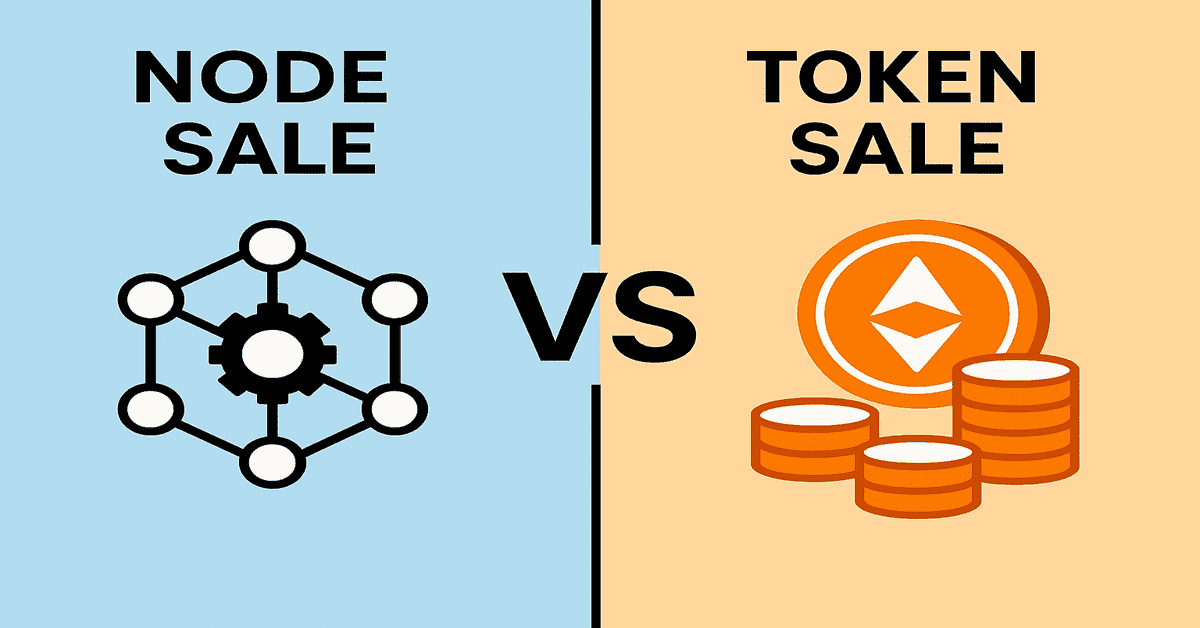
Comparing Node Sale and Token Sale: Benefits and Risks
1. What is a Node Sale?
A Node Sale is a fundraising method in which Web3 projects sell the rights to operate nodes to the community. The goal is not only to raise capital but also to encourage users to participate in running the network from an early stage, thereby enhancing decentralization and security.
2. How Does a Node Sale Work?
-Node Offering: Projects sell nodes on their own platform or through intermediaries like Impossible Finance.
-Purchasing Node Rights: Investors buy the rights to operate nodes and need to prepare the necessary technical infrastructure.
-Deployment and Rewards: After deployment, investors earn rewards from transaction fees, commissions, or airdrops.
3. Comparing Node Sale and Token Sale
-Pricing Structure: Node Sales often have multiple pricing tiers. For example, the Sophon project offers 14 price levels ranging from 0.0813 ETH to 0.3136 ETH.
-Rewards: Node Sales offer rewards from network fees and tokens, usually distributed gradually over time.
-Token Valuation: Valuing tokens in a Node Sale is more complex due to varying prices and reward structures.
4. Advantages of Node Sale
-Effective Fundraising: Node Sales allow projects to raise more capital compared to Token Sales.
-Long-Term Commitment: Investors running nodes are more likely to stay engaged with the project long-term.
-Enhanced Decentralization: Selling nodes to the community helps make the network more decentralized and secure.
5. Disadvantages of Node Sale
-Slow Return on Investment: Investors who buy nodes at higher price tiers may take longer to break even.
-Technical Requirements: Investors must have sufficient technical knowledge and infrastructure to operate the node.